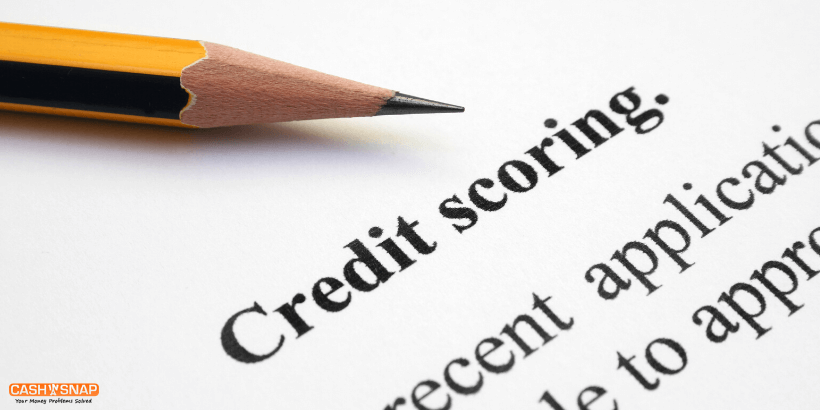Your credit history is important to your overall financial health for a number of reasons.
Generally, if you have a bad score, you will pay higher interest rates when you borrow. For example, if you get a new car, bad credit history often impacts other things like your auto insurance. And, in some cases, your bad credit may stop you from getting a job as many employers now do credit checks before they hire someone. This is particularly true if you will be handling money or are applying for a management position.
Is this fair? Not really, but it is the way it is. You should keep track of your credit history and your credit score and do your best to improve or maintain a good credit score.

What Is a Collection Account?
This is simply an unpaid bill that the debtor has referred to a collection agency in an attempt to collect all or part of what you owe. If you do not agree that you owe a bill e.g., the service was not done properly, you should dispute the bill and not pay it.
How Does a Collection Account Affect My Credit?
Here is a summary of possible impacts on your credit score due to late payments and other factors. Because there is a complex formula for these types of things, there is only a possible impact range given. A perfect FICO score is 850. To be considered as having “good credit” and getting very good interest rates, possible deals, you’ll probably need a score in the 730 to 760 range.
30 day late payments: 60- 110 points
Debt settlements: 45- 125 points
Foreclosures: 85- 160 points
Bankruptcy: 130- 240 points
Maxed-out credit cards: 10- 45 points
In the list above, the higher end of the ranges generally applies to those with higher scores and the lower end to those with lower scores. In other words, the impact does depend on where your score is when the issue occurred. As with all credit issues, the older the problem you had, the less the impact on your score over time.
What Does Paying Off a Collection Account Do to Your Credit Score?
Really nothing as it remains on your record for 7 years (bankruptcies for 10 years) and is not removed because you paid it off. So, in many cases paying it off is of no benefit to you at all!
Should I Pay Off my Collection Debt?
As noted in the previous answer, you may get a clear conscience, but you’re not going to improve your score by simply paying off debt. NOTE: newer FICO score models ignore collection accounts where the original balance is less than $100. This eliminates some small collection accounts, such as small parking tickets or unpaid library fines, from hurting your credit scores.
The new Vantage Score 3.0 credit score ignores all paid collections accounts, as well as any collections, paid or unpaid, under $250. So, if the collection is under $250, you may consider paying it off. This is where you can get creative. Many collection agencies will agree to remove the collection report for payment. You should explore this option as it is becoming more common.
How Long Do Late Payments Stay on my Credit Reports?
After seven years, they drop off entirely. Late payments remain on your credit reports for up to seven years and also have a negative impact on your scores. All aging negative accounts have a lower impact over time.
How Many Points Does my Credit Score Rise If a Collection Account Is Removed?
As noted above, nothing initially. However, if the agency removes it in return for payment, you should expect a full recovery in a month or two. Otherwise, your score will gradually recover as the negative report ages.
One other key point, if you can add some positive reporting, this can help to offset the older negative reports and improve your score. It is not unusual for someone who filed bankruptcy to recover a significant part of their credit score in just 1-2 years. You won’t completely recover your score, but you can make a big positive gain with on-time payment reports showing on your report.


